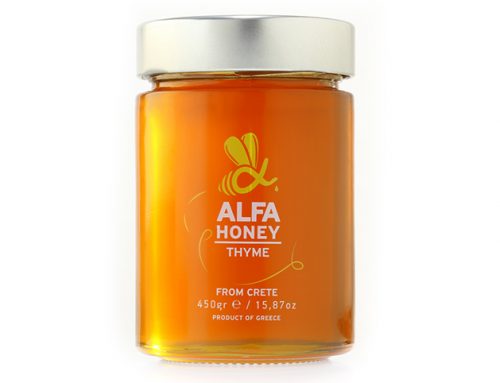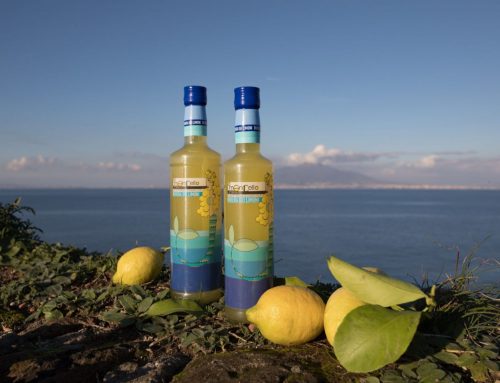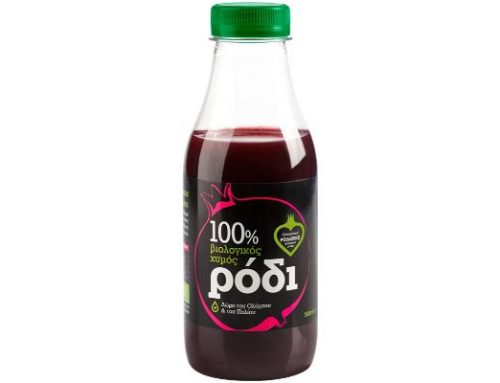Among the negative side-effects of the explosive growth of tourism in Greece was the fact that many local producers of traditional foods gave up entirely on their crafts and turned to being entrepreneurs of the highly lucrative hospitality industry. Fields, farmsteads and livestock were abandoned in favour of making “easy” money from tourists during the globally famous Greek summer. Easy because the income of a few months’ work, would get you through the year. Things were even worse for agriculture in many of Greece’s pristine islands, especially in the Aegean Sea, where “sun and sea” seemed to be the only worthwhile employment and/or business option for decades.
And all that to the detriment of the extreme diversity of island agriculture in Greece. Since time immemorial all Greek islands, surrounded by sea and isolated from the mainland, were forced to become self-sufficient. Be it food or other raw materials, Greek islanders had to produce what they consumed/used. This, among other things, led to a never-before or again recorded differentiation in dairy products for such a small geographical area. Essentially, no two Greek islands produce the same type of cheese. Not only in name, but most of all in essence, each Greek island is a cheese category all on its own.
In Ios we trust
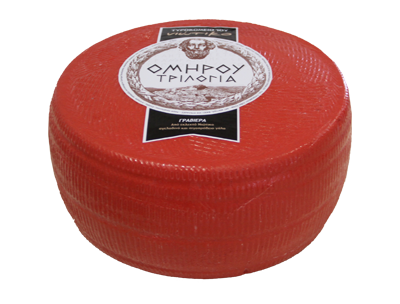
Kefalotyri Omhrou Trilogia
Such is the case with Ios, one of the Cyclades Islands in the Aegean Sea, just an hour away by ferry from world renowned Santorini. For many years, it has become a cult destination for thousands of twentysomethings who fill the island’s discos and bars all summer long. But if you leave the beach resorts and head inland, it is like stepping back into a more rustic past.
The island’s interior is filled with uninhabited mountains covered in low brush, crosscut by ancient stone walls and steep curving cart tracks. Many thousand goats roam this tranquil interior region, the silence here broken only by the movement of goatherds and their flocks. Just a handfull of them continue to produce the island’s rustic local cheeses, among which is Niotiko, “from Ios” in Greek. In Greece, where every island produces its own cheese, all the local varieties are inevitably distinguished simply by their provenance.
To help the community
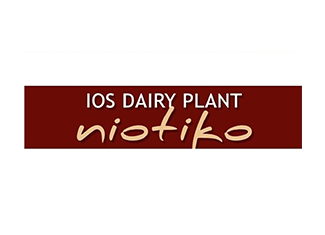 Cheeses like the traditional Greek Kefaloriti cheese from Ios offer flavors that recall the aromatic herbs of the Mediterranean scrub: wild sage, thyme, and pine. They also offer slightly mineral notes, underscored by hints of the salty sea air of the Cyclades. Premium dairy products like these is why a traditional dairy plant, called “To Niotiko”, was established in 2007. Among its main products are graviera cheese, skotyri, kefalotyri and xino (“sour” in Greek) cheeses, all of which is made with different types of locally produced milk and herbs. No wonder then that Kefaloriti cheese and other cheeses from a small island in the Aegean is relished by consumers in the UK, Germany, even Poland.
Cheeses like the traditional Greek Kefaloriti cheese from Ios offer flavors that recall the aromatic herbs of the Mediterranean scrub: wild sage, thyme, and pine. They also offer slightly mineral notes, underscored by hints of the salty sea air of the Cyclades. Premium dairy products like these is why a traditional dairy plant, called “To Niotiko”, was established in 2007. Among its main products are graviera cheese, skotyri, kefalotyri and xino (“sour” in Greek) cheeses, all of which is made with different types of locally produced milk and herbs. No wonder then that Kefaloriti cheese and other cheeses from a small island in the Aegean is relished by consumers in the UK, Germany, even Poland.
Nevertheless, the decision to turn to traditional products was not an easy one. The family behind “Niotiko” explain how that came to be: “Our dairy plant started operating in 2007, with the goal of keeping the island’s primary sector alive and, at the same time, the culture and love for traditional products. It is a small, model dairy unit processing pure sheep and goat milk of premium quality.” Although only a dozen years in business, they have already won national and international awards for their Greek kefalotiri cheese.
IOS DAIRY PLANT was founded in 2007 with the initiative that came after the meetings between the farmers and the local municipality. It started with the purpose of keeping alive the primary sector of the island and to hold onto the culture and the love for traditional products while fulfilling all today’s needs.
Since 2012 with the only purpose to upgrade the dairy plant, the business changed hands from the Municipality to private management and was named “NIOTIKO Dairy Plant” bringing a big upgrade to the plant in a way that the quality and the production were improved.
The plant is situated in a unique spot being near to the farmers in the area Diaselia.
It’s a standard plant that uses in its production only local and pure goat, sheep and cow milk that is produced by free range animals. Furthermore it is highly important to know that in our products there is no subtraction of the nutrition and no added preservatives or other substances.

